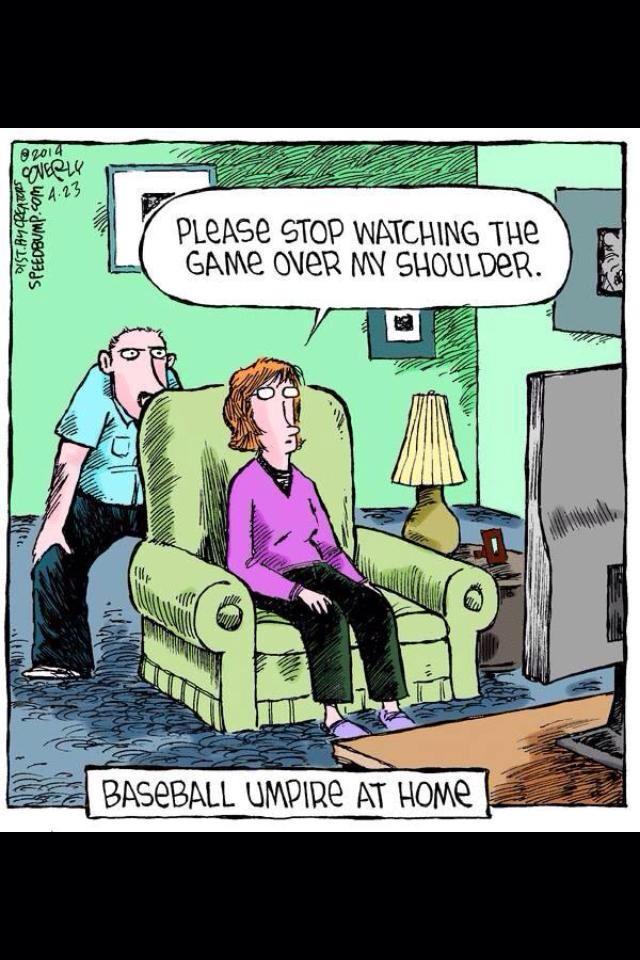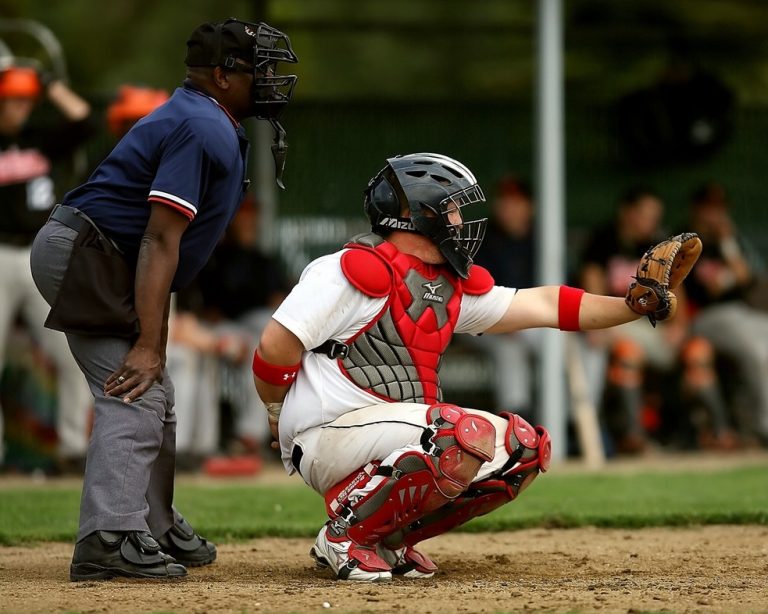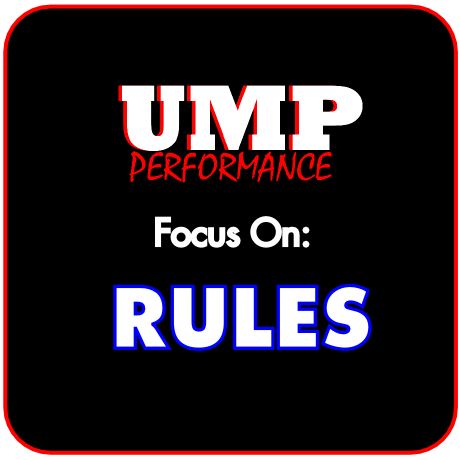Don’t Eject but Don’t NOT Eject
[et_pb_section bb_built=”1″ admin_label=”section”][et_pb_row admin_label=”row”][et_pb_column type=”2_3″][et_pb_text admin_label=”Text” background_layout=”light” text_orientation=”left” use_border_color=”off” border_color=”#ffffff” border_style=”solid”]
Let’s talk a bit about game management. You are the boss … but, you are NOT the boss. Confusing isn’t it?
An umpire’s job is to make decisions. Some of those decisions will be questioned – sometimes strongly – and create a poor environment for the ball players. So, sometimes you have to do the dirty work and “disqualify a coach or player.”
“Try Never to Eject Anyone … But, Don’t NOT Eject Anyone!”
What does that mean? It means, you should never go into a game with a game plan that suggests anything like “by the third inning I am tossing someone!” It really should be a goal to never eject anyone. But, when the time comes to do it … DO IT!
I don’t suggest making a show of it. Just tell the person, “they are gone.” Then walk away … go to the scorekeepers and let them know what happened. If you have a partner … let him deal with the person.
OK … so, here are a few tips …
- TALK TO ONE PERSON AT A TIME: The Manager only. Coaches do not have the authority to communicate with you … it is in the rules (lookup the definition of MANAGER)
- WORK WITH YOUR CROWD: Try not to be in earshot of the crowd. Failing that, have the coach facing the crowd (preferably the opposing team’s side!). This puts your back to them. The crowd will hear him. If the coach says something wrong, stupid, or rude … they will hear it!
- THINK ANGLE OVER DISTANCE: Still applies… Instead of standing bill to bill (i.e., in their face), try standing more to a 45 degree angle and lean in.
- RE-ENACTMENTS ARE FOR WAR HISTORY: Just stand and listen, but never re-enact what “you saw”. Stick to short and simple answers. Avoid lengthy detailed explanations. Again .. K.I.S.S. (e.g., “the runner beat the throw” is better than “The throw was high and the runner got his foot under the tag.”)
- KEEP’EM GUESSING – NEVER PROVE YOU ARE AN IDIOT: If you don’t KNOW the rule, don’t cite it. If you didn’t SEE the play. Don’t describe it.
- AVOID DRAWING LINES: If you find yourself saying, “One more word…” or “Next time and…” You are setting yourself up for confrontation. Because the next time you HAVE to…can make for awkward ejections.
- HISTORICAL CALLS ARE HISTORY: If the umpire blew an earlier call, don’t try to “makeup” for the past.
- JUDGEMENT IS YOUR FRIEND: As a last resort, use the phrase, “In my judgment…” Say that’s it .. walk away. If the manager is still barking … might be time to toss ’em.
There you go… some tips for you. Share you learned experiences and tips below.
[/et_pb_text][/et_pb_column][et_pb_column type=”1_3″][et_pb_image admin_label=”Image” src=”https://umpinfo.com/wp-content/uploads/pexels-photo-46859.jpeg”]
[/et_pb_image][/et_pb_column][/et_pb_row][/et_pb_section]






